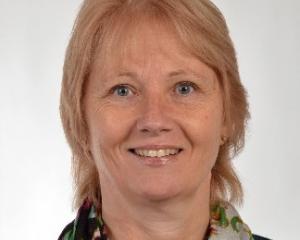The Government is defending changes to ACC which opponents say will mean victims of rape and sexual abuse find it difficult to access therapy.
The changes - to treatment guidelines for mental injury resulting from sexual abuse which come into effect on September 14 - have been strongly criticised with high profile rape victim advocate Louise Nicholas saying they would make accessing help much harder.
Criticisms include that victims would have to see three different health professionals rather than opting to stay with the initial counsellor who assessed them; that treatments would be for shorter periods; that help could be declined at any stage and claimants would have to prove they had a mental injury which fitted the criteria for a psychiatric problem.
In Parliament today Labour's David Parker asked how the changes complied with ACC's legal requirement to provide for sustained management of injuries.
Another Labour MP, Lynne Pillay, said the New Zealand Association of Psychotherapists had written to the Government "explaining the shock wave of disbelief at the proposed changes to ACC funding".
Green MP Sue Bradford asked how an "arbitrary cap" on help was being applied when Prime Minister John Key had pledged more rather than less help for victims of crime.
She said having to see different health professionals was a difficult requirement.
"Does the minister think it is easy for victims to go over their traumatic experiences, over and over again, with strangers?"
Acting ACC Minister Pansy Wong said the changes were based on research ACC commissioned Massey University school of psychology to undertake.
She said the new guideline treated victims as individuals.
"...it is not fair or right for victims to have one-size-fits-all treatment, so this proposed treatment takes into account tailored treatment for survivors whether they are women, men, children, adolescents, Maori, Pasifika, or ethnic."
Victims' experiences should not be seen as a disorder or life sentence, she said.
She disagreed that victims were being asked to relive traumatic ordeals.
"This is tailor-made clinical treatment that takes into account each survivor's personal circumstances."





